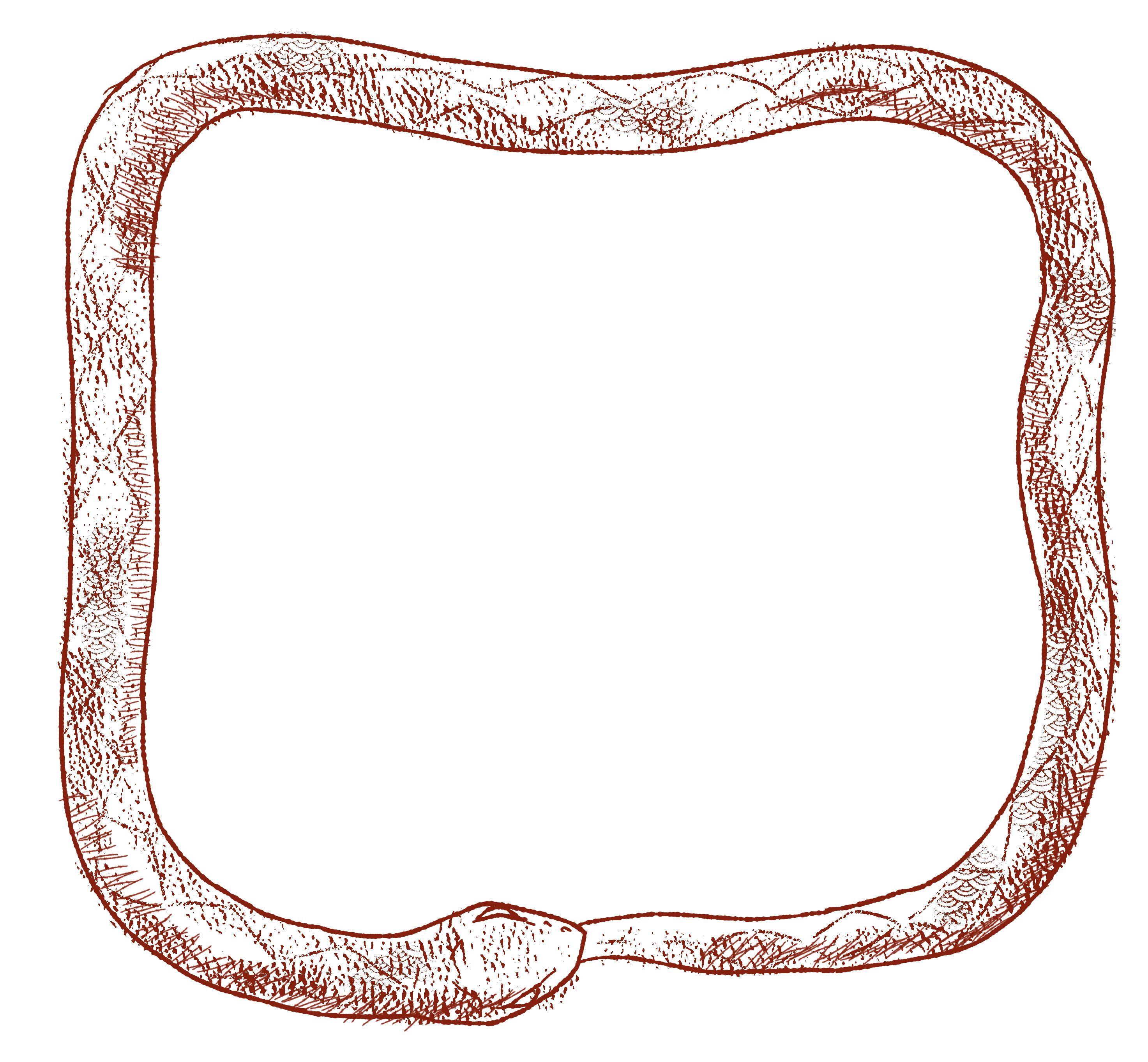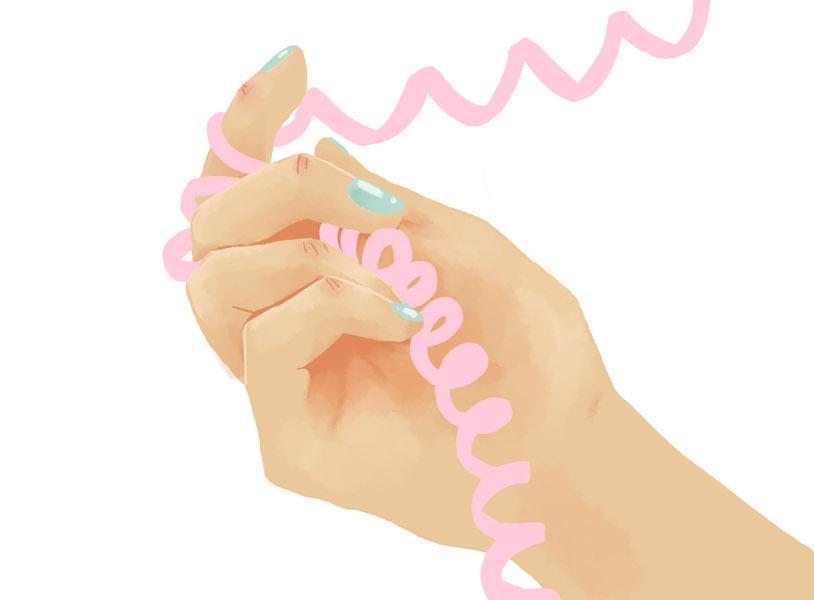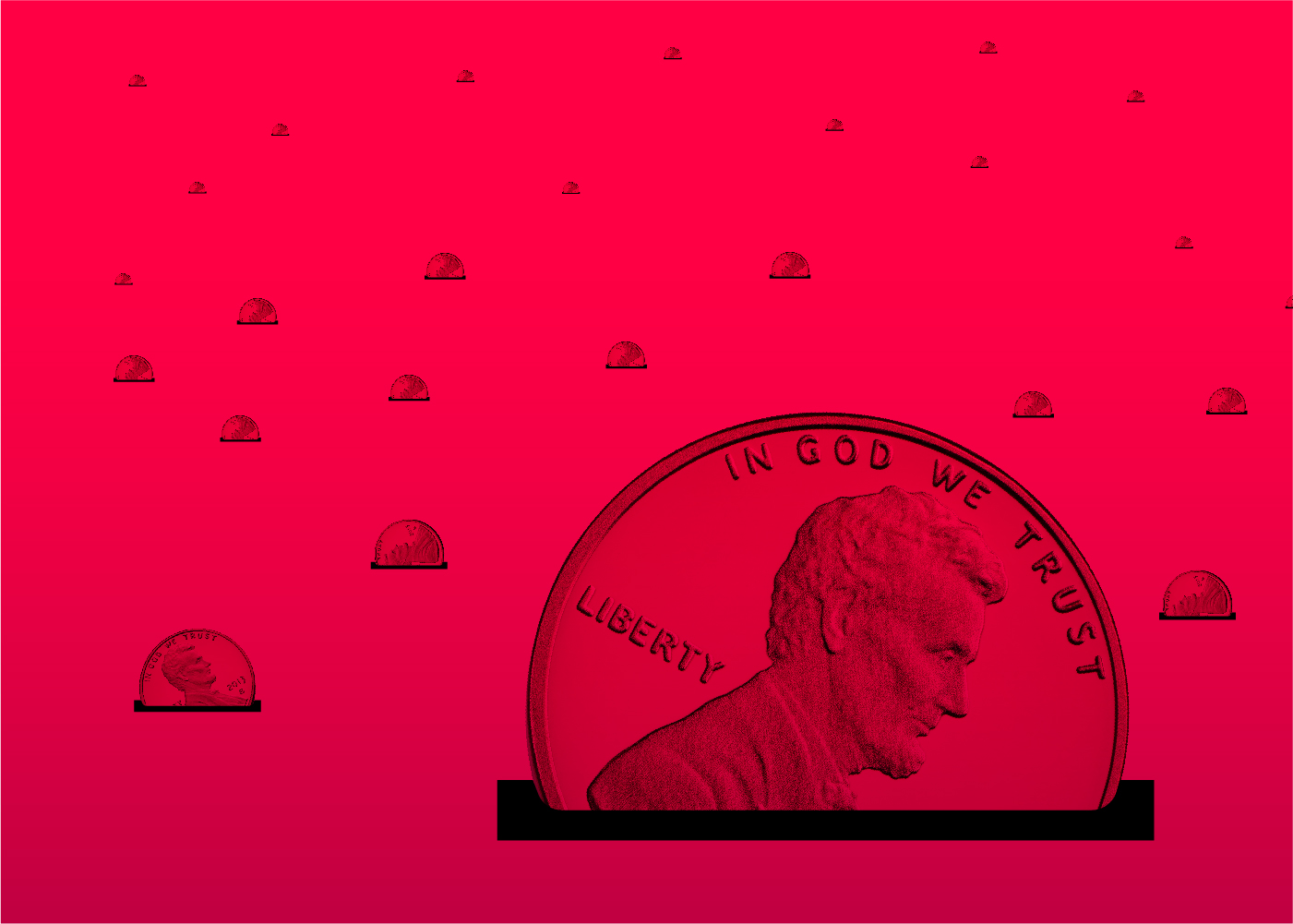I want to go back to the pre-Trump days and argue a long-standing point of political philosophy: the cherished Republican ideal of small government. Remember when Grover Norquist said, “I don’t want to abolish government. I just want to reduce it to the size where I can drag it into the bathroom and drown it in the bathtub”? Remember when Ronald Reagan won two presidential elections on the idea the “nine most terrifying words are ‘I’m from the government, and I’m here to help’”? I’ve always wondered how an anti-government stance can propel a party to victory time and time again, leading them to control the government it seems to dislike both in theory and in practice. Sure, it had never reached the Trumpian heights of putting an anti-environmentalist in charge of the Environmental Protection Agency, but the undercutting of government funding, and therefore functions, was always an explicit part of the party’s platform. They said, do less. Now, it’s abundantly clear that we need to do more.
I’m not just a disgruntled American arguing that my government sucks. In fact, I can’t even give a first-hand attestation to how fantastically bungled the United States government’s coronavirus response has been. No, like all the other Europeans, I get my American news about six hours late while I eat my breakfast croissant. I’m a dual American-European citizen, holed up outside of Paris, taking online classes and getting stress migraines when I read headlines such as “President suggests injecting cleaning products into lungs: asks if scientists are testing that.” But it’s nothing new to say that Trump isn’t a very good president. I think he’s just the final evolution of a theory that, in the end, has to bring the Republican party down, or force it to make a very serious ideological shift if it could ever survive. That’s not just because the younger generation of voters are more liberal, generally less racist, more politically savvy and more concerned with things such as climate change and reducing college tuition. That was a slow kind of death that the Republican party could squirm away from for a little while, with Reddit memes and a “death to PC culture” movement. This crisis will have immediate repercussions.
Coronavirus is the Republican Party’s death knell, and there’s nothing it can do about it.
Republicans said we needed a smaller, weaker federal government. Trump gave us the weakest federal government in my memory—although between defense spending and building the border wall, perhaps not the smallest. By the way, how’s that border wall coming along? Then, an unprecedented global crisis struck, and the U.S. federal government turned to the states to say; good luck, we’ll be rooting for you. Leadership? No, we think this is the time for states’ rights.
In Europe, we did the exact opposite. There is no concept of states’ rights here; there is German Prime Minister Angela Merkel, the scientist, managing an efficient response that has kept the German death toll well below what it could have been. There’s French President Emmanuel Macron with his silky voice and a country which even after months of protests and strikes, gathers respectfully around the television to listen: “Mes cher(e)s compatriotes…” We do feel like his fellow citizens because we know that they are throwing everything into this fight, as a matter of political survival and perhaps also because it’s the right thing to do. It’s the true test of every politician today; can they save their people from this deadly threat? Second to that, can they rebuild the economy and the country?
The ever-insightful Mitch McConnell recently suggested states should try bankruptcy as a way to handle the financial crisis—anything other than ramping up federal aid. For me, the Ouroboros has come full circle and taken a hearty bite out of its own tail. The illusion of individualism, the implication there’s something more fair and just in letting each person or each state stand or fall on its own means that today, we all fall. But tomorrow, those of us who are left can get back up and decide to act as one big semi-functional society instead of a group of wild-west cowboys shooting at cans and stealing each others’ coins. We can vote for a government that believes there should be a government. We can argue about how to best form that government, for sure—but for the next crisis, we’ll need to be there at the starting line, not arguing about whether to even run the race.






